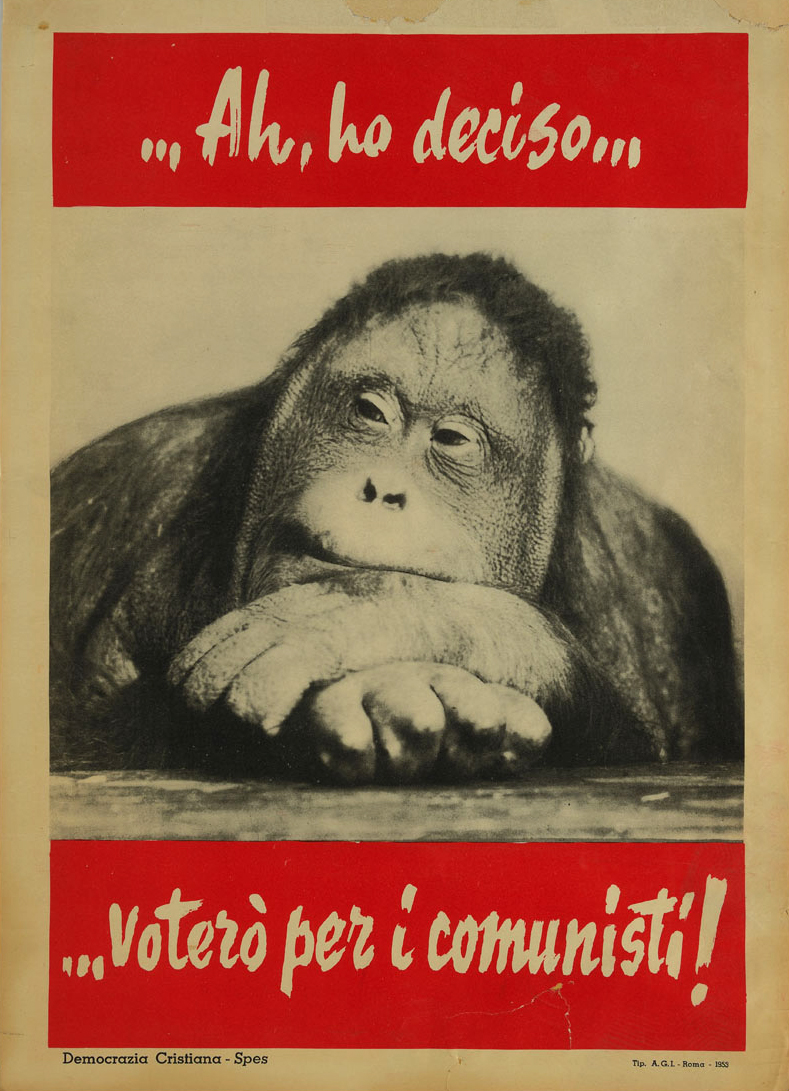the title
deleted by creator
Also people inironically or even uncritically defending Lysenko like goddamn what a weird flex but ok
Lysenko is interesting as a demonstration of how ideology - even a good ideology like communism - colors the way a society practices science and interprets scientific findings. This can be bad, as in Lysenkoism, but it can also be good, like how the USSR rightfully decried eugenics as a fascist bourgeois practice and banned it in the 30s, as opposed to the liberal capitalists, whose Malthusianism to this day leads them to
CW: racism
forcibly sterilize people for failing the paper bag test
Normally when people defend Lysenko, they at best cite his work on vernalization, and therefore his early recognition of the scientific validity of epigenetics, but in all honestly his actual theoretical work and the consequences of his views, actions and program has very little strong bearing for the modern science of epigenetics. Despite the fact that at the end of the day he played a direct, personal, important role in holding back the development of the biological sciences in the USSR, for deeply anti-scientific (therefore, by definition and nature, anti-marxist) reasons. He also played a role in having the best biologists of the USSR put to death, while he himself had no deep theoretical knowledge and didn’t contribute any.
deleted by creator
Okay sure. Fair and true enough.
What is interesting though is that’s a great historical exemplar of something I frankly think we are communists and leftists do often, of confusing progressive aspects of our thought (in this case, rejection of eugenics) and a ‘vulgar’, and ultimately regressive aspect (in this case, rejection of genetics on the classic mistaken idea that empirically supported science must be incorrect if we can vaguely interpret or connote it as regressive).In this case of the USSR, it also reflects a deep institutional malfunction at the level of the relationship between the state-party parallel structure and institutions such as those of scientific research and development.
The whole history of biology is fascinating actually in terms of political biography because so many of its most imporant pioneers were either fuckinf rad commie materialists or rather social darwinist eugenicists.



